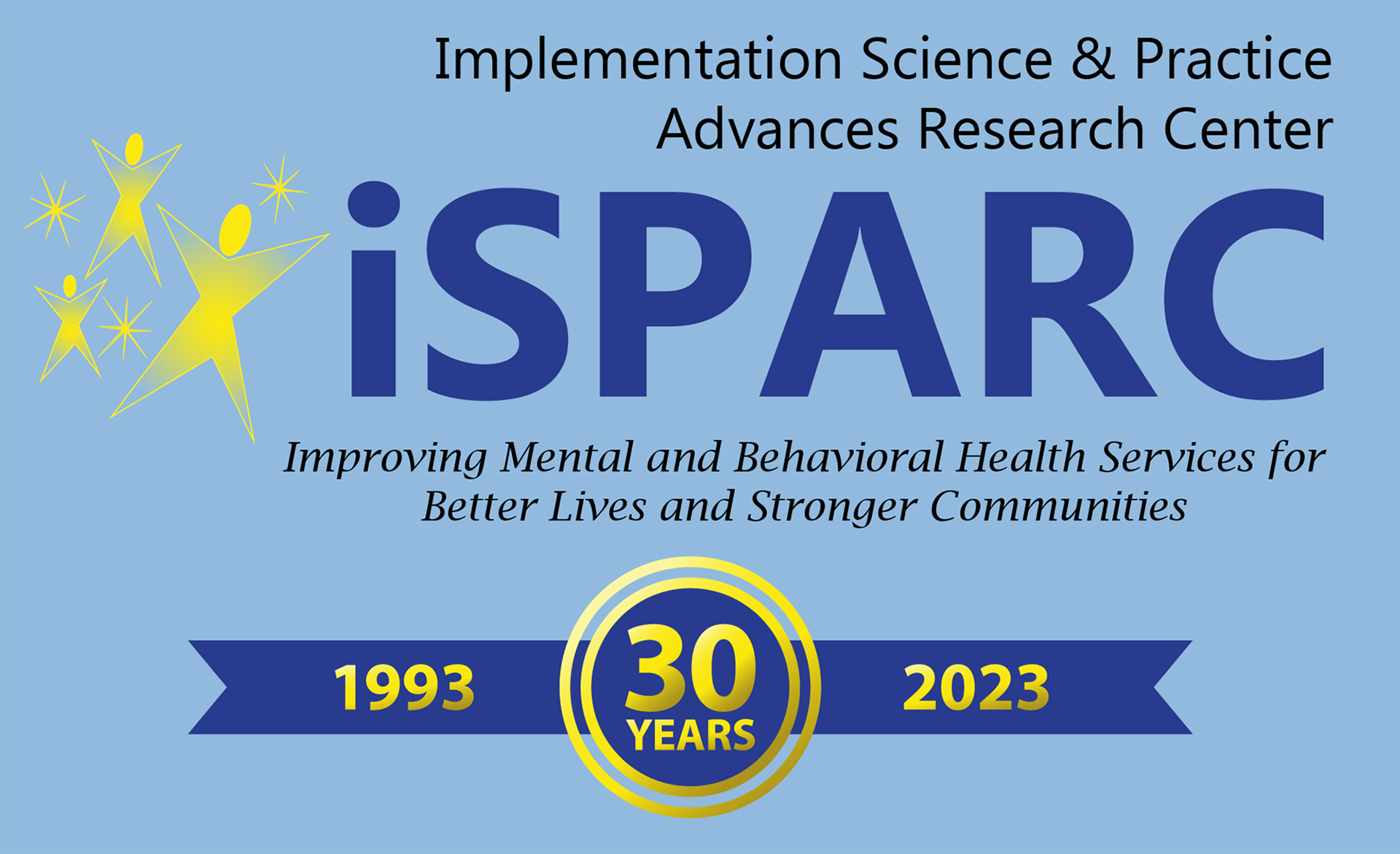May is Mental Health Month: Lived Experience or Lived Expertise?
 All of us involved in weSPARC Insight, an iSPARC Stakeholder Engagement Advisory Board, know the term "lived experience." We understand why it's used so much, and we each have our own feelings and opinions about it - and the evolving history of who gets to decide what we're called, how we refer to ourselves, both individually and as a community.
All of us involved in weSPARC Insight, an iSPARC Stakeholder Engagement Advisory Board, know the term "lived experience." We understand why it's used so much, and we each have our own feelings and opinions about it - and the evolving history of who gets to decide what we're called, how we refer to ourselves, both individually and as a community.
We all - including the iSPARC staff who run the advisory board - want to use language that empowers, recognizes, and validates the perspectives of those of us with these types of lived experiences. We know what it feels like to be dismissed, discriminated against, or even targeted, for having a psychiatric diagnosis - or being treated as though we should have one. Any staff or presenters at weSPARC who don't know this first-hand, are part of weSPARC because they understand it.
This May, we're sharing some of our thoughts on "lived experience" and a newer term some folks are using, "lived expertise."
We know the intent of "lived expertise" is to recognize that what we've learned from our own lives is valid and valuable; as valid and valuable as academic or professional experts. But...how does that fit into a community, a movement, built on validating and empowering all of us who are used to being dismissed? What are some pieces of that longer history of trying to name ourselves as a community, as a movement? What's the impact of using the term "lived expertise"?
Click from the 5 dropdowns to see more about "Lived Experience or Lived Expertise?"
